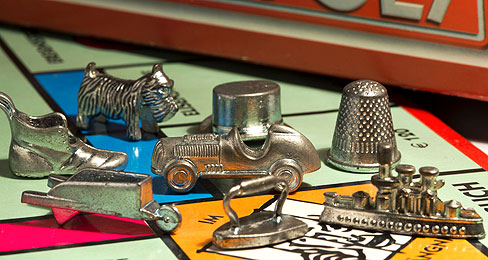
Does Money Make You Mean?
By Rick Woolworth in Telemachus Blog on May 12, 2015
I have been disturbed, a bit haunted, by a TED talk, “Does Money Make You Mean?” Sociologist Paul Piff reviews seven years of research and concludes that as our wealth increases (1) our empathy and compassion for others declines and (2) our sense of entitlement and self-interest increases. Read on if you want to hear the punch line as to how we can avoid this phenomenon. Since viewing this video I have been asking myself how true is this of me and am I a party to this pernicious insensitivity? There are few words I would less like to be labeled than “entitled.” How about you? Most, if not all of us, reading this blog are relatively affluent given our finances, education and experience. Piff’s behavioral studies through observing monopoly games, monitoring whether drivers slow at crosswalks as people cross the street, and watching people steal from a candy jar intended for children demonstrate that wealthier people are:
- Less apt to give to the poor
- More apt to pursue achievement to the detriment of others
- More likely at work to endorse unethical behavior, cheat, lie to customers, lie in negotiations, and take bribes
From a more macro perspective, societies with greater income inequality have:
- Less economic growth
- Less social mobility and educational performance
- Less community life and social trust
- Greater obesity, violence and substance abuse
The implications of this research are enormous for nearly every aspect of life – relationships with family, friends and strangers, child-raising, work, leadership and stewardship. There is some good news. Piff’s research also shows that these behavioral differences disappear when the wealthier subjects observe benevolent or pro-social acts by others. Even small acts of kindness can increase the compassion and empathy of those around us, whether family, friends co-workers or strangers. This is one of the reasons I love spending time with members of the Telemachus community. I often come away inspired and a better person when I hear about the generative, life-giving way many of you approach your careers and causes you care about, as well as how you redeem the six feet around you in how you treat others in your daily life. I am reminded of what John Wooden, the now deceased legendary basketball coach, once said, “You can’t live a perfect day without doing something for someone who will never be able to repay you.”